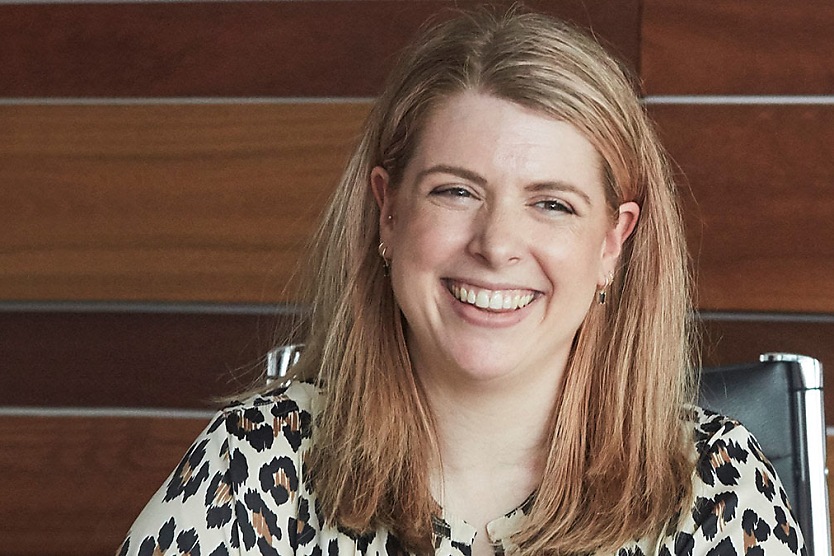In conversation with Belinda Leon from Bendigo Bank about neurodiversity
SHARE THIS ARTICLE

Belinda Leon is the employer brand specialist at Bendigo Bank, she also lives with ADHD. Ms Leon joined The HR Leader to discuss her relationship with neurodiversity, how employers can be more accommodating of neurodiverse candidates, and how these candidates can benefit a business.
Shandel McAuliffe, editor at HR Leader: “Why are you passionate about promoting workplace neurodiversity?”
Ms Leon: “I talk about it because the more people hear about what it actually looks like or how it presents in other people, the more they recognise it in themselves. A lot of people I know have gone on to get diagnosed and it’s changed their lives.
“But the other reason is there are so many little things that we can be doing better that we’re not doing, that would make life so much easier for our neurodivergent employees. And since so many people don’t know that they’ve got neurodiverse conditions or that there’s a better way for their brain to do something, then by making these accommodations more accessible and more common, you’re just going to be helping more people,” explained Ms Leon.
She continued: “So, for me, things like working from home have been great, or working in the office with a couple of big screens in quiet, that’s also good. But it does depend on the day of the week. It does depend on things like women’s hormones, [they can] affect ADHD. Things like having really clear deadlines with my bosses or going through my priorities and making sure that they’re comfortable with what I’m focusing on for the week.”
Editor: “How can workplaces be more accommodating of neurodiverse workers?”
Ms Leon: “Mostly it’s just about communication … coaching for instance, that helps. But it’s more about having that conversation and that trust with your manager that you can talk about what you need as you need it, because it does change quite regularly for me.
“A lot of the programs that seem to exist at the moment seem to focus on autistic men into programming jobs and that’s not really a neurodiversity program. I think people with autism are very underrepresented in the workforce and we need to be doing more to support them. But don’t just assume that that means looking for data entry or grunt work or jobs that have no scope or development opportunity. We need to be thinking more creatively than that,” she said.
Ms Leon continued: “I see too many people thinking that, ‘Oh, that autistic person, they must not have any social skills.’ And that’s absolutely not correct. So, get a sense of the person themselves, talk to the person, get to know what they are interested in, what they’re good at, and then go from there. But don’t try to make a strategy that’s forcing people into certain types of roles.”
Editor: “How can a neurodiverse workforce benefit an organisation?”
Ms Leon: “There are so many different forms of neurodivergence. I’ve talked about two: ADHD and autism, but there’s a lot more than that. Things like OCD, Tourette’s, dyspraxia, dyscalculia. There’s a number of things. Synesthesia. The list just goes on.
“But they come with strengths as well, and so if someone has a hyper focus or an interest area, they’re really excited about that, and they’ll know everything about it. So, let them do their thing. Lean on their strengths. Lean on the things that they’re good at and don’t focus on the things that they’re bad at or that they’re less strong in,” said Ms Leon.
Ms Leon has kindly provided the below links in relation to her podcast episode:
https://www.youtube.com/c/howtoadhd
Information about ADHD symptoms in adults: https://www.additudemag.com/adhd-symptoms-test-adults/
Note from the editor: If you’re currently experiencing any of the issues discussed in this podcast episode and would like to reach out for help, you may wish to contact Lifeline: www.lifeline.org.au
The transcript of this podcast episode, when quoted above, was slightly edited for publishing purposes. The full audio conversation with Belinda Leon is below, and the original podcast article can be found here.
Jack Campbell
Jack is the editor at HR Leader.

